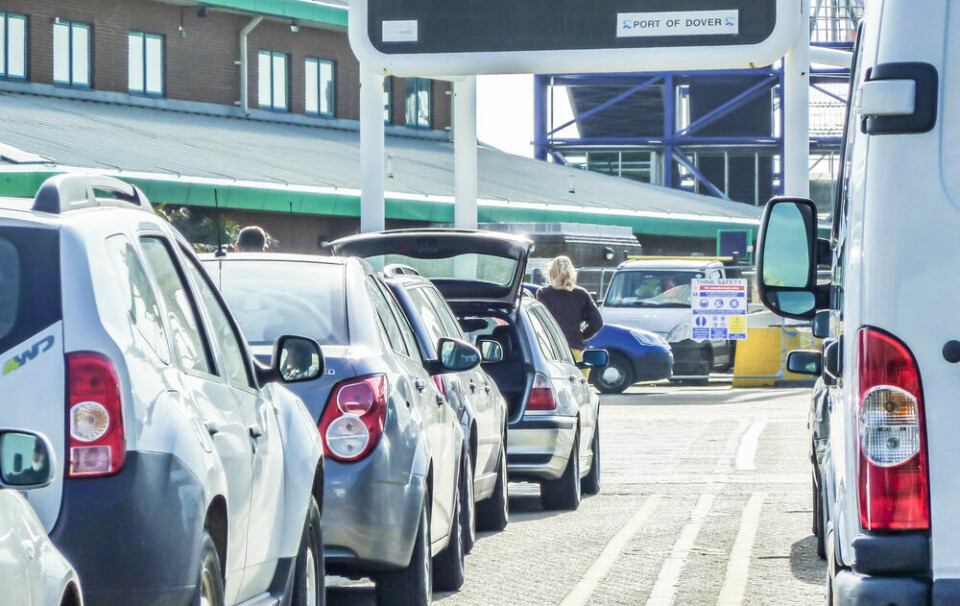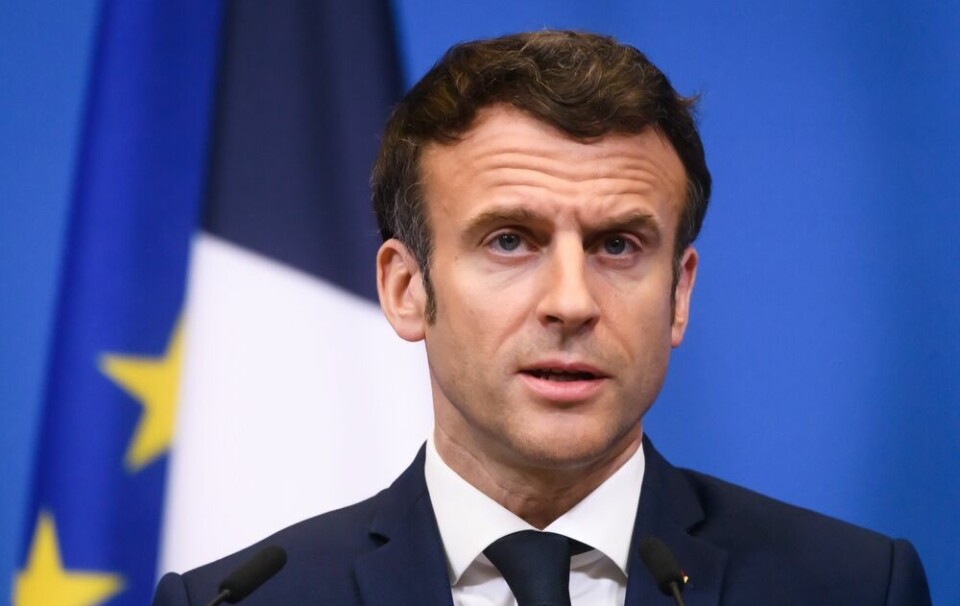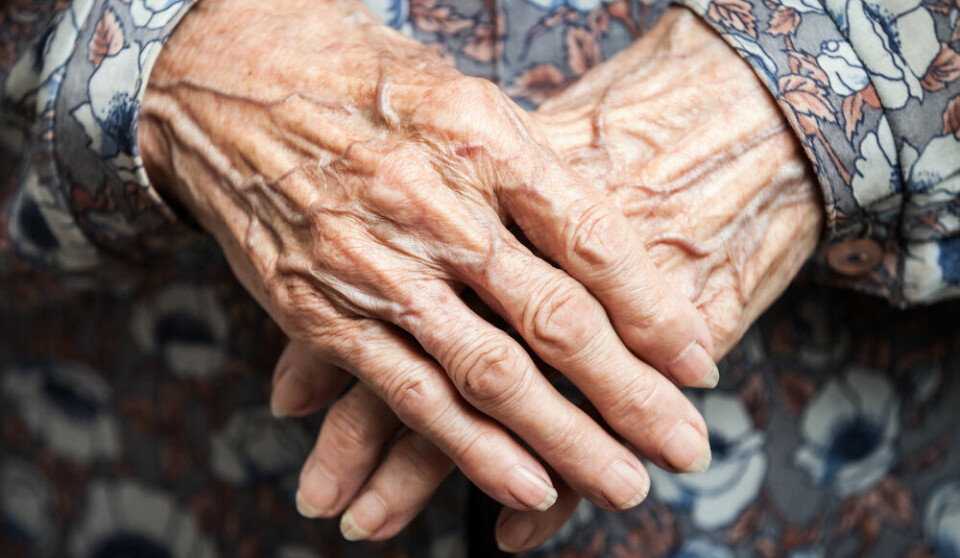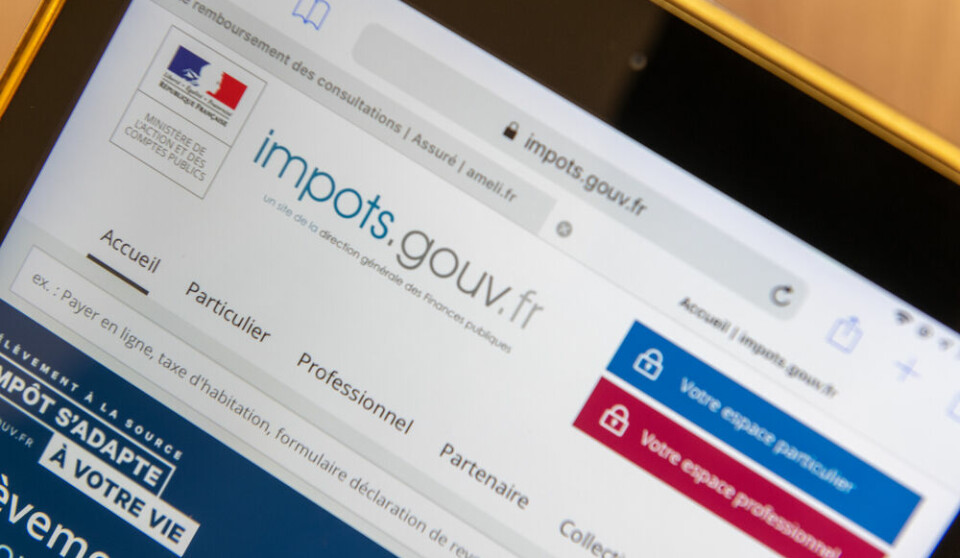-
Phone scams, gardening, insurance claims: 5 French practical updates
Our roundup of recent practical articles you may have missed
-
Picnic in Paris? Chance to join huge meal on Champs-Elysees
The event could even be record-breaking. You can now apply for your chance to take part
-
Many older electrical installations in France have security faults
‘Electrical installations age, like cars, and you need to call an electrician to check them’, the national electrical safety observatory warns
French minister denies plans for income-linked healthcare
The economy minister said comments that well-off people would need to ‘contribute more’ had been misreported

The French economy minister has denied that he is considering linking state healthcare reimbursements to income, as part of plans to cut France’s growing national deficit.
Bruno Le Maire appeared to suggest the idea in an interview with RTL on March 25, as national statistics Insee estimated the national deficit at 5.5% of GDP.
In response to a question about linking healthcare costs with income, he said: “I am open to all debates, it’s not up to me to decide how savings are going to be made, that must be a joint debate.”
#Deficit - "Il faut une prise de conscience collective : ça ne peut plus être open bar"@BrunoLeMaire invité de @amandine_begot dans #RTLMatin pic.twitter.com/a18ljN741Y
— RTL France (@RTLFrance) March 26, 2024
He also called for “wider awareness on the necessity of making choices when it comes to our public spending”, and defended other healthcare costs that have risen recently, including the increase of the franchise médicale from 50 cents to €1. This alone has brought in more than a billion euros, he said.
Read more: What is France’s ‘franchise médicale’ fee and why might it go up soon?
Read more: Medicines in France will cost patients more from spring
The franchise médicale is part of the cost of prescribed medication, treatments such as a physiotherapy or speech therapy session, or a medical transport trip. It only applies to prescription medication.
“It is a way of saying that we don’t have ‘an open bar’ when it comes to medicine. All the medicines in your pharmacy, it all has a cost, and you are the ones who pay, it is taxpayers who pay,” he added.
Mr Le Maire said that the possibility of linking medical reimbursement with personal income would in no way affect “people who are gravely ill”.
Rather than reimbursing the least-well-off people less, it would likely mean that people with higher incomes would be asked to “contribute more”, he said, for example: “Someone who is in good health, who [still] takes medicines, or who gets a lot of medical analyses.”
Comments ‘misreported’
However, Mr Le Maire has since said his comments were misreported, and that he was not referring to reimbursing people differently depending on income.
His office later also said that “he was talking about the franchise médicale, not the price of medicine”.
Read also
What changes in France in 2024 for health and medicine
Obligatory fee not reimbursed on medicines in France to double























